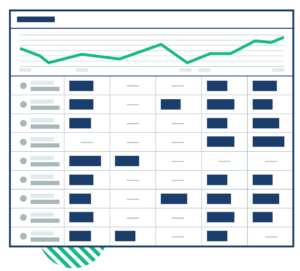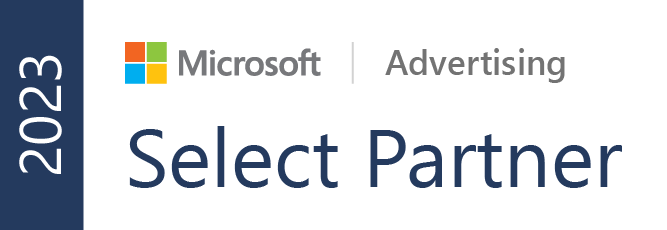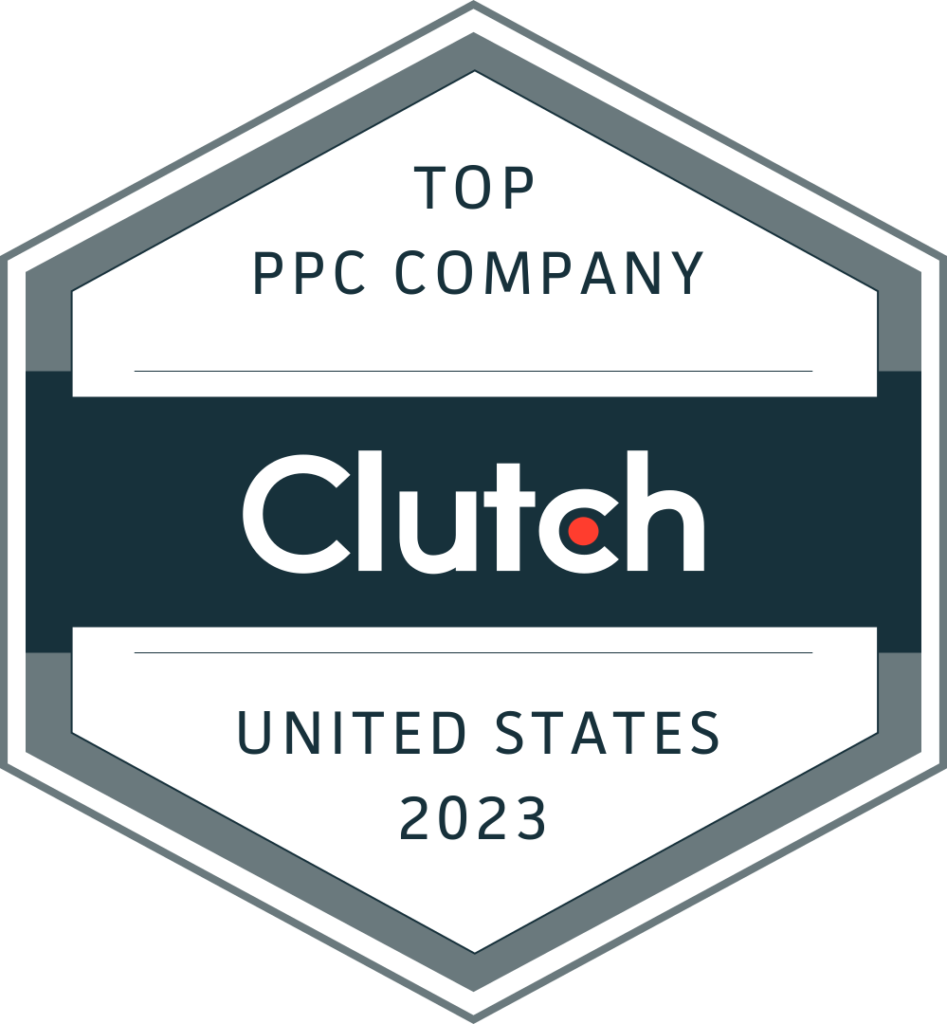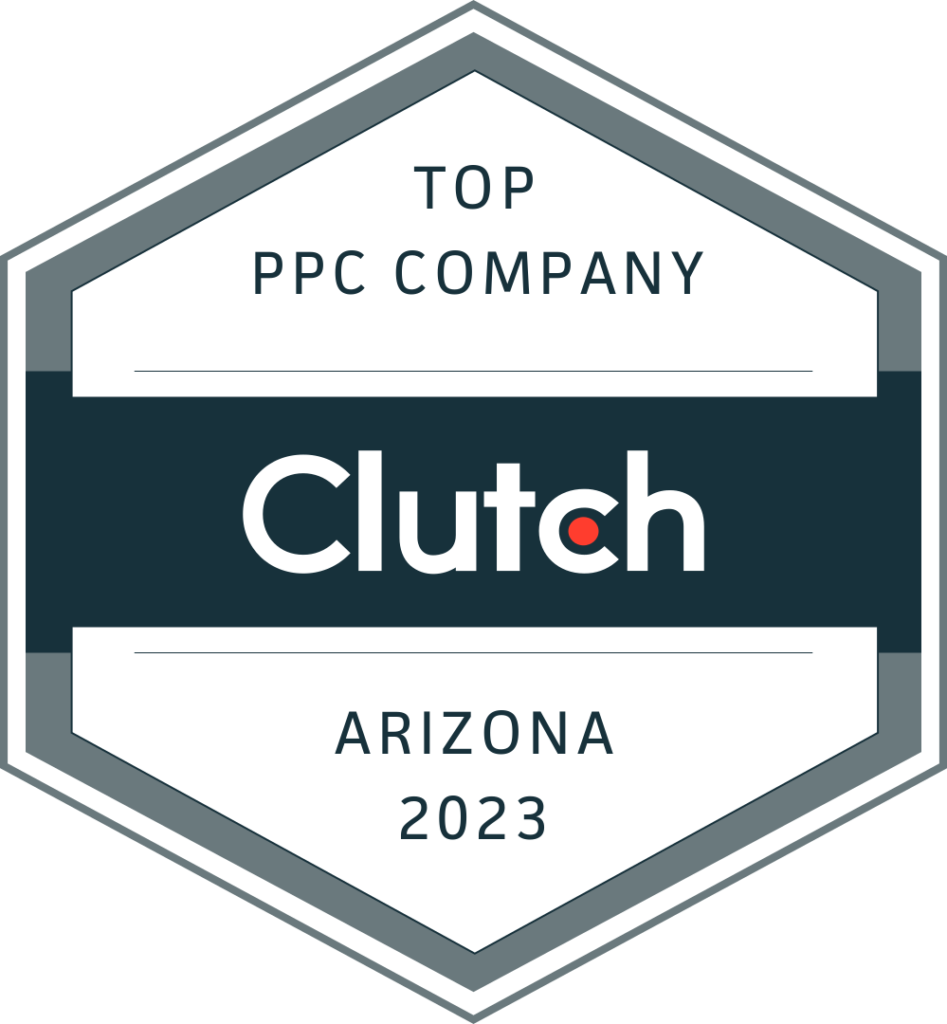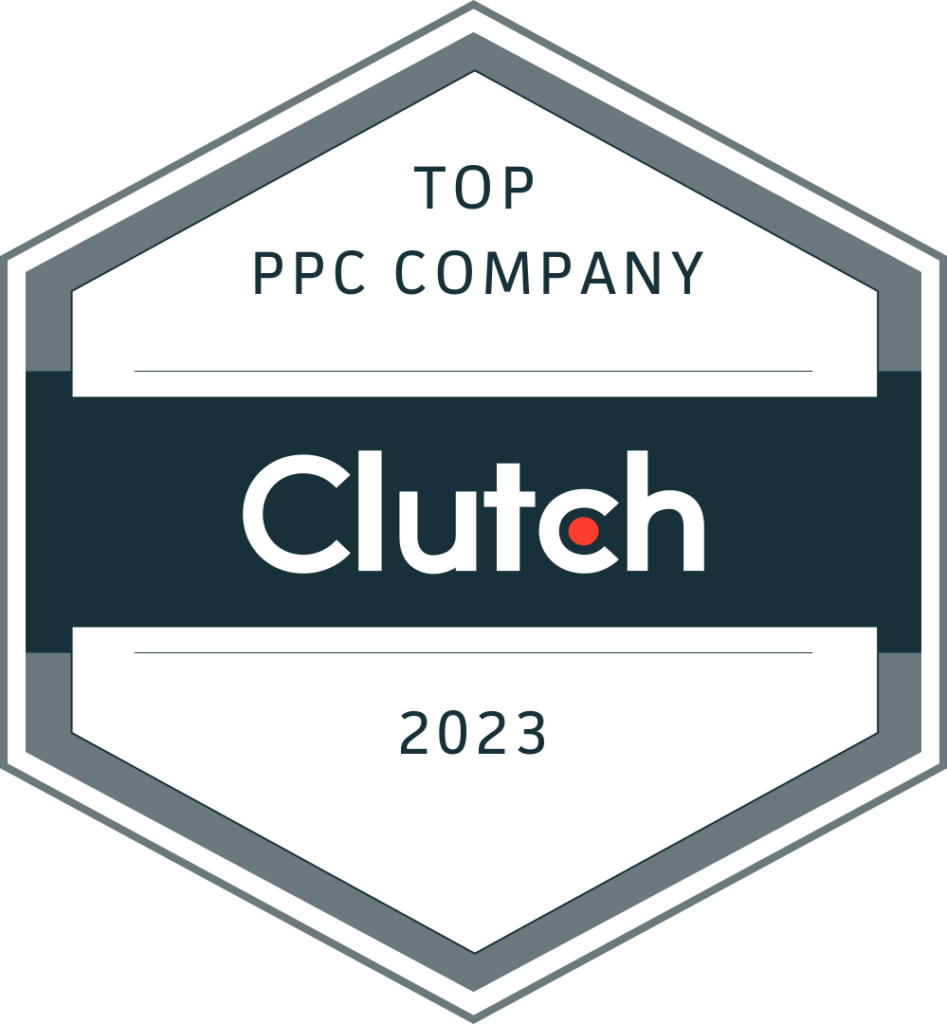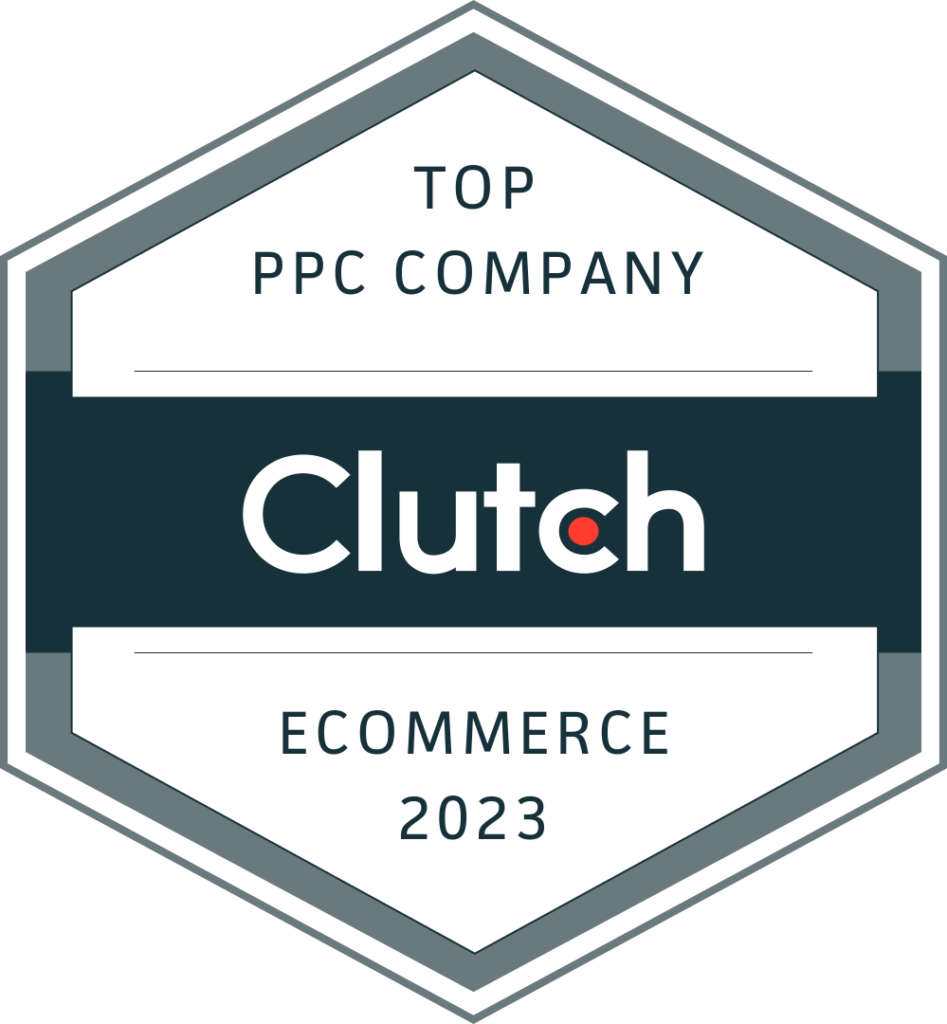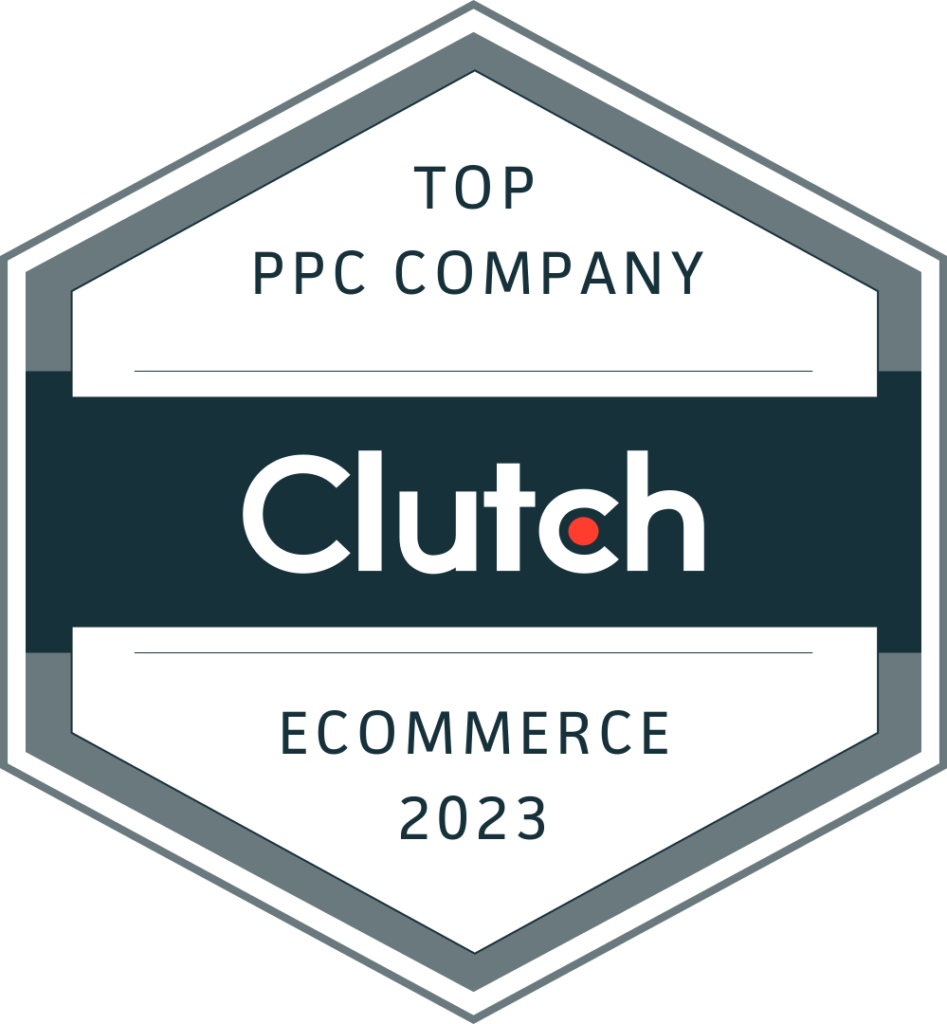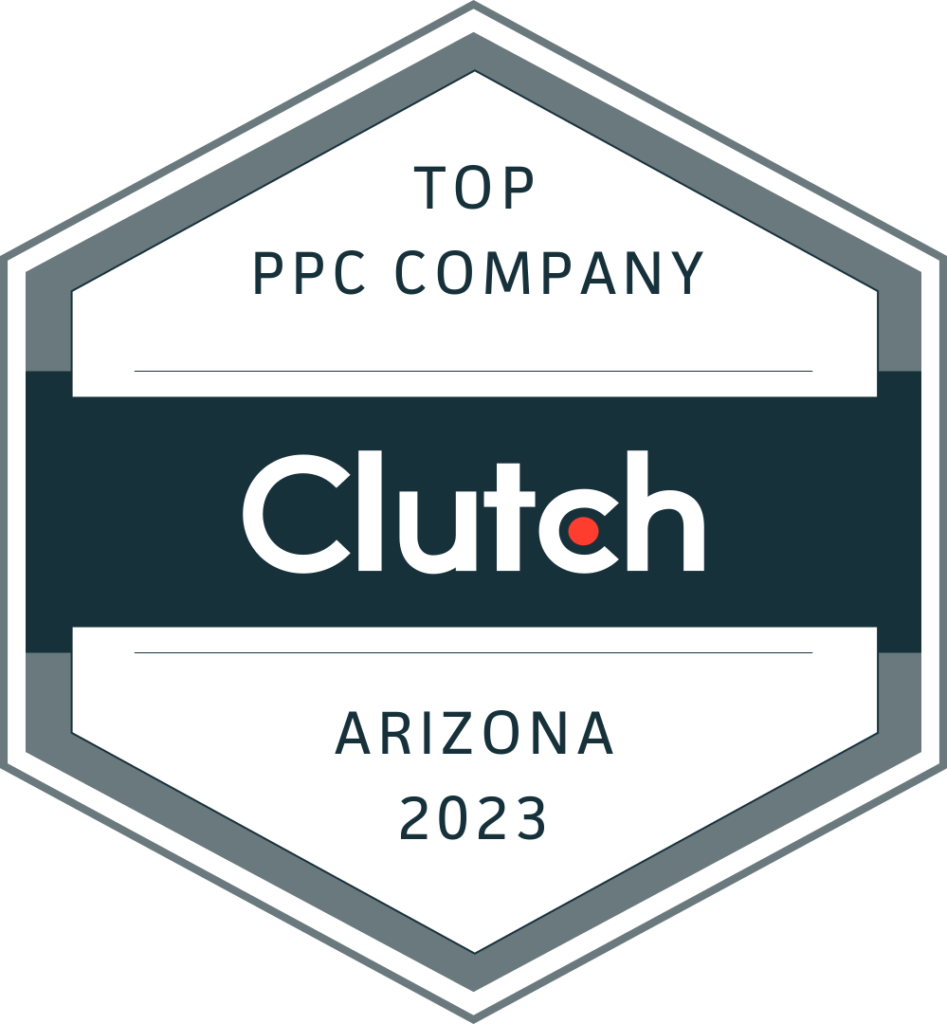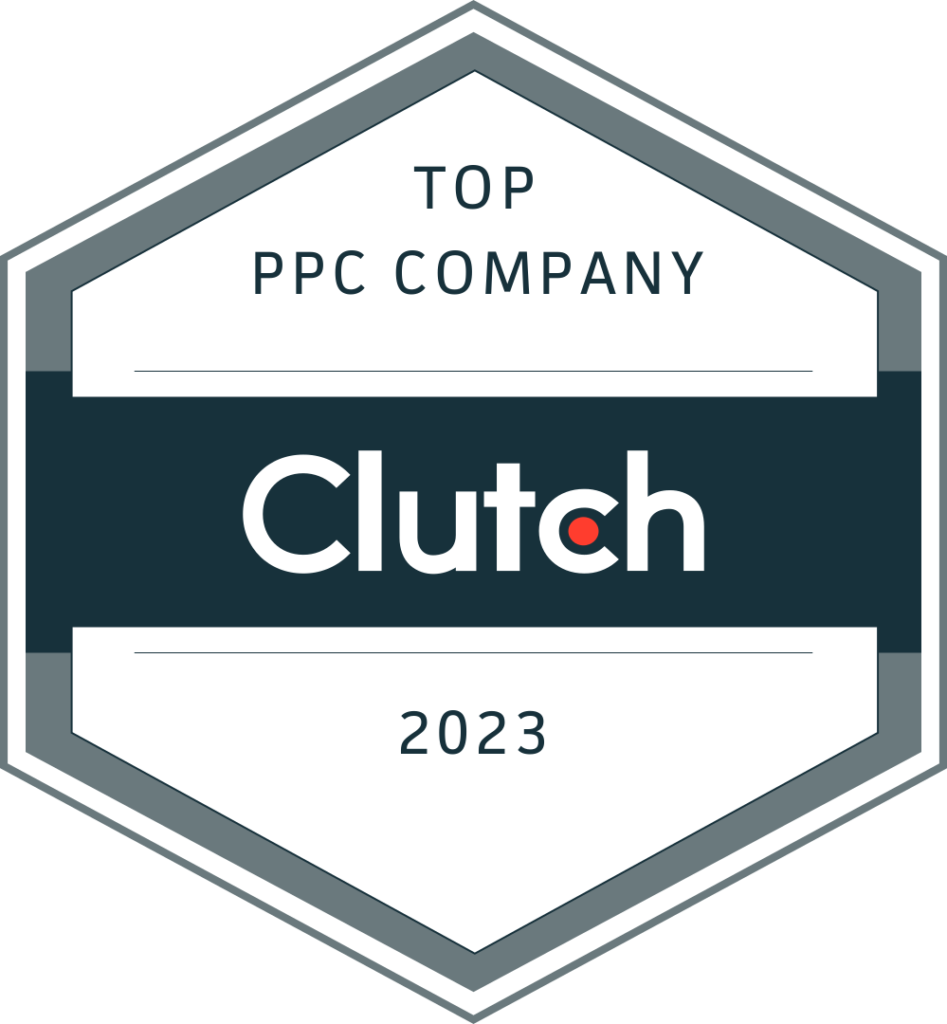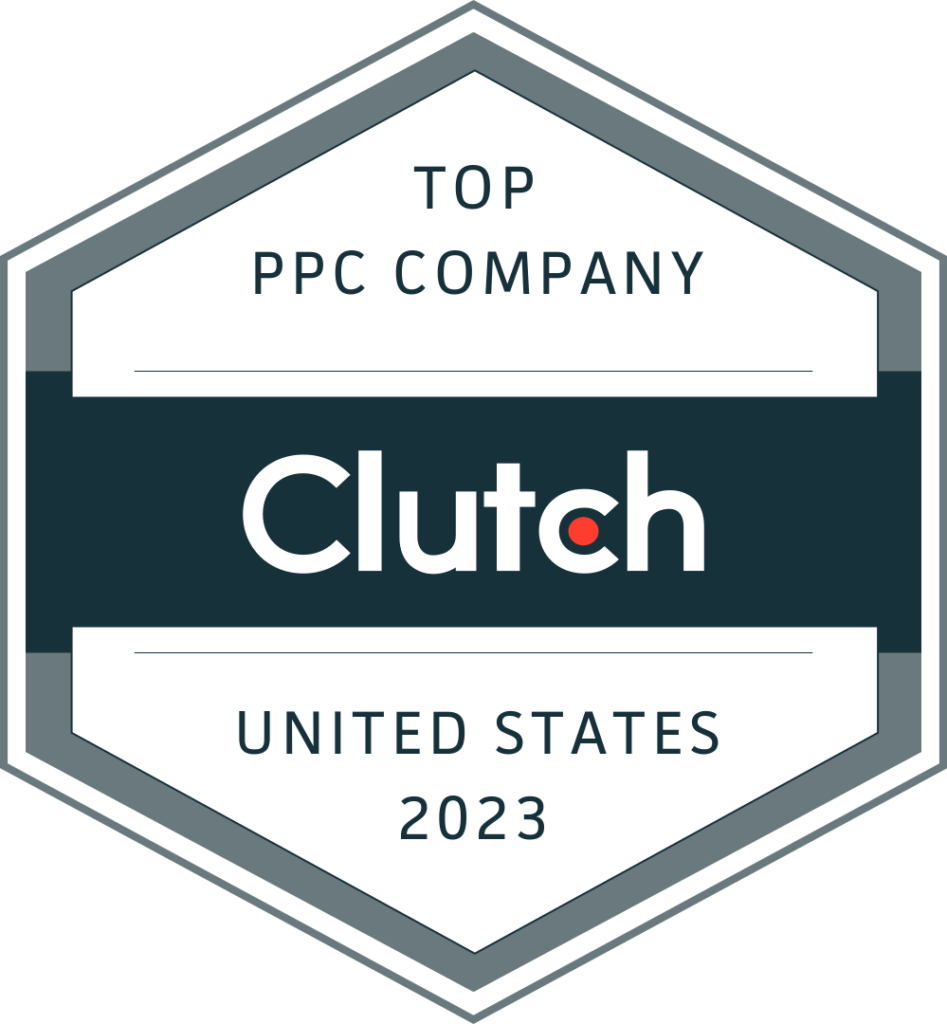
Episode 14
Recap of All the Paid Media Changes in 2021 - Google
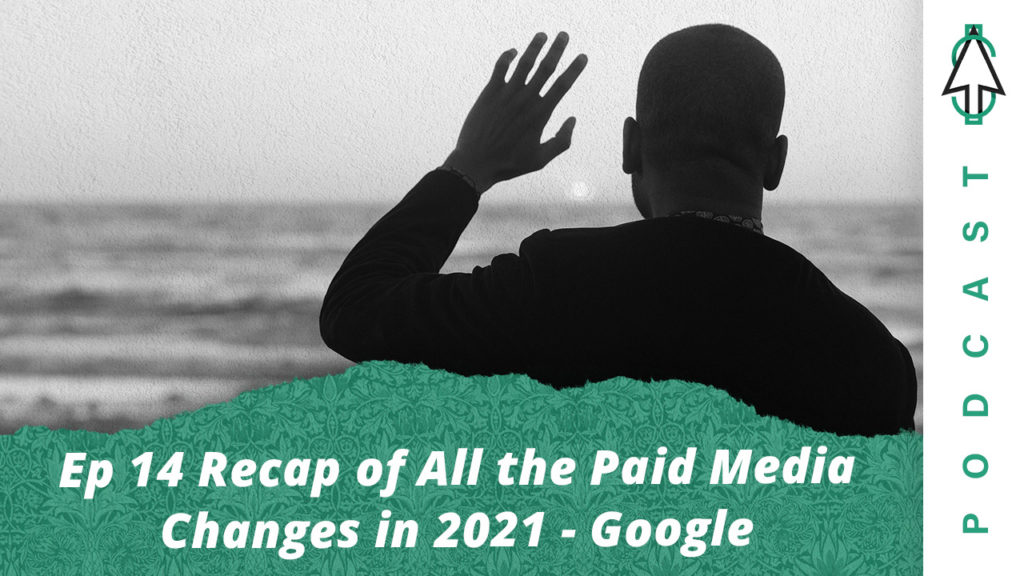
Watch
All right, everyone, welcome back to another edition of Paying for Attention, everyone’s favorite paid media podcast. I’m Andrew Hollington, director of strategy here at Megaphos. Joining me today is Keegan Brown, CEO. And today we’re excited for our first podcast of 2022. What we thought would be fun to talk about is a recap of everything that changed in Google ads in 2021 and kind of what we think about it. So, yeah, join us. It’s going to be fun. So the first one I’d like to jump into is I think it’s honestly the biggest one.
Speaker 1
It was the most frustrating for a lot of people. Was Google taking away our search queries. About 30% of them, I believe they said, were taken away or someone did a research on it and said it was about 30% seemed a lot more significant than that. To me, search term reports got a little bare, got a little trendy. You lost the two impressions, no clicks, search terms, which is not a big deal. But you did lose a lot of big ones. And it was kind of frustrating.
Speaker 1
But then later in the year, they said, we’re giving them back. And I’m not sure what evidence there is of that. I haven’t looked at a study or anything like that, but based on some of the search term reports I looked at, I didn’t see a big change when they said they brought it back. What are your thoughts on that key?
Speaker 2
Yeah. I think this was like, the ultimate what the fuck? Because it was like, what mid 2020. And they were like, search queries are going away. And all of a sudden it was like 27%, 28% of your spend or impressions on queries were kind of removed. Very frustrating. We looked into things like looking at search queries through Google Analytics. We try to build scripts using cookies, pulling in those parameters utms. So a little bit there, but yeah, I mean, then they announced a few months ago, they’re bringing back and I haven’t noticed anything, maybe 5%, but very frustrating and something that I think really takes away a lot of optimizations keyword research, and even back to some of our other episodes where we talked about negative keywords things like that.
Speaker 2
That’s important. That’s important data for us to have. And it’s one of the differentiators that paid search has compared to a lot of other channels where it actually tells you why your ad showed. Once you get rid of that, it’s really difficult to understand why your performance might be lacking.
Speaker 1
Yeah. This is the visibility that we really, really want from Google. Tell me exactly what people are searching, especially with all of the we’re going to get in spoiler alert. We’re going to get into the matching changes a little bit later, but especially with that. Right. How Google’s changing close variance and how different keywords match differently to search terms. Right. I want that visibility on what is now exact matching to what search terms are coming through. Exact match. Google will tell me exactly what you think an exact match keyword is, and you’re taking that data away from me.
Speaker 1
It’s extremely frustrating. And like Keegan said, I didn’t notice a huge difference when they said they brought it back. So thanks, Google for nothing. That’s just another bone to pick. We have at least be transparent with us and give us the data of what my people are searching. And I want to add to that. It hit us harder than most at Mega those because we are true believers in a skag philosophy. Right. And the foundational philosophy of that is what exactly is the search term? And how can I best target it with ad copy and a relevant landing page?
Speaker 1
Now you’re going out and matching different things and not telling me about all of the searches. So what now am I to do?
Speaker 2
What’s frustrating, too, is that takes away the core of what Google’s goal is, which is matching relevant ads with searches. Right?
Speaker 1
Yeah.
Speaker 2
If you’re taking that away by changing match types and also taking away what we can see is generating those, is Google really there to provide relevance? Right. And I think maybe it’s because they know that so many people who are running ads just frankly, don’t know what they’re doing or don’t have the time to optimize. So they’re trying to make it easier, which I understand. But to people who are in the accounts every day trying to optimize, trying to make sure that we’re matching the add to the search right as best as possible.
Speaker 2
We like to think that we have the same goal as Google because that’s also the same goal that the client has, right? We don’t want to show irrelevant ads to people. So yeah, very frustrating. So, Andrew, how would you go about optimizing in this new world?
Speaker 1
I really like that last point. I’ll answer your question in a second, but is not our goal as SEM experts to more easily find what people are looking for and get them to it as quick as possible, as seamless as possible with the best user experience possible. And Google took that 30% of that from us. Yeah, that sucks. But how would you optimize nowadays with this? The way I look at it is you have to target themes. There are a couple of strategies I would recommend here one being an Ingram Report.
Speaker 1
I think we’ve talked about it in the past episode. This is an awesome script. Look it up, use it. It’s incredible. So what it does, basically is it takes word by word, search your search query report and buckets it into one piece of data segmented for just that word. So say, like, how to use is your three word Ingram Report search and everyone that searches how to use XXX. Right. Or just how to use. I don’t know why someone searched that, but it’s bucketed. And all of that data is bucketed that allows you to more easily identify trends.
Speaker 1
Right. And I used how to as an example, because a lot of times what you’ll find is how to they’re in the awareness stage, which is fine. If you’re trying to target that, that’s fine. If you’re trying to educate people. Great. If you’re bottom of funnel looking for leads today, you might find that cost per lead is 80% higher on how to searches. Right. So this is an invaluable tool in today’s day and age grouping together similar trends. Right.
Speaker 2
Yeah. And just to jump in there, the Ngram report will show you performance on the word how right. How to how is how much? How are all of those? And then you can break down performance by each one of the different phrases because you might find I don’t think you would, but how much doesn’t perform as well as how to and HowTo doesn’t work as well as how is. And then you can kind of group things and segment things like you were saying.
Speaker 1
Yeah. So that’s my biggest one. Otherwise keep an eye on it. I guess they’re trying to simplify the process depending on the client. Go from weekly to biweekly. Just let the data collect. But I think we talked about it a couple of previous episodes, too. It’s going to require a lot of research upfront and negating terms out at the outset. Do a lot of research. Is your brand close to another brand? Is your product very close to another product that people are not going to hit your website and immediately balance and you’re just wasting money.
Speaker 1
Just think about all those things. That’s the other big recommendation I have there. Do you have any others before we kind of move on?
Speaker 2
No, I think that’s it. I think just being as prepared as possible for what you know, from experience can happen and doing that research upfront.
Speaker 1
Yeah, for sure. So I mean, since we spoiled it, let’s jump into that one the difference in matching. So just to sum it up, basically, Google took away in 21 everyone’s favorite broad match modified. That was a fun tool. I’m going to start there because again, as a Skag disciple, this one hurt a SCAG strategy. Really at its foundation is exact match equals. I know that’s exactly what people are searching. That’s a known commodity. Right. Then you have another ad group that’s broad match modified of the exact same keyword.
Speaker 1
But you negate out the exact match term. Right. So the exact match flows into the correct exact match ad group and the broad match ad group. What that’s doing is listening for any other longer tail queries prospecting out there for you. Right. What else are people searching related to this known commodity? And then you can go into the search term report relevant to our last point and look at okay, what’s the performance of this longer tail keyword. Is it getting enough data where it’s worth it for me to add another exact match Skag for that search term.
Speaker 1
Right. So losing broad match modified was a big one. It forces us to understand match types better. And along with that, Google also went ahead and changed match types entirely. Right.
Yeah.
Speaker 1
Phrase match is now different. Exact match close variants are different. Google’s taking a little more. I can’t think of the word right now. They’re taking more Liberty. Liberty. There you go. And what an exact match keyword is. We used to know it was exactly that search with an s on the end, plural and misspellings right now it’s a little different. It could be a completely different word. Wow. What happened there? Yeah. So what are your thoughts on all of these match type changes?
Speaker 2
I think getting rid of broad modified was fine, but like you mentioned, when exact match keywords can actually show for completely different keywords, that’s extremely.
Speaker 1
That’s what hit you harder.
Speaker 2
Yeah, that’s frustrating. Misleading. And again, it makes our job harder, especially when you take away search queries. But going back to the removing broad match modified, I will say we haven’t done this analysis fully yet, but I know that they started a kind of sunset broad match modified in June of this year or 2021. So what we noticed in May and June was broad match modified keywords started performing terribly in our largest accounts. They made up a few hundred thousand dollars spent cost per lead saw a dramatic increase 2030.
Speaker 2
40%. And when we switched a phrase match, we did that in July of 2021. For most of our clients, we saw an immediate decrease in cost per lead and much better performance. Now, we did see about 10% 15% drop in spend because it is more restrictive than broad match modified. But we also saw a slightly lower cost per click. But we did see better performance. So that was really good to see better conversion rates. So I’m not all worried about that, but it is very frustrating with the exact match.
Speaker 1
Yeah. 100%. I guess the big thing, it didn’t affect us necessarily. But think of flights, right. That’s a big one to lose Broad Match modified on because you can do to and from. But phrase will only do the exact phrase. That the exact order that that search was done in. Right. The other thing I liked about broad modified is. Well, I guess phrase does that too. Never mind before and after the query. Right. But yeah, like you said, it didn’t affect us that much, but it actually affected us in a good way.
Speaker 1
But unless you’re looking for volume, which you can do some other things to find volume, there the other thing to keep on the radar moving on here is and it’s not a 2021. Well, I guess the 2021 spin on it is. Google says get prepared for responsive search ads. Right. Get prepared. We’re sunsetting expanded text ads, I believe, summer of 2022. And so with that, we’ve seen some changes with responsive search ads, and Google seemed to prefer it more and more as the year went on.
Speaker 1
If you had an ad group with an RSA and a couple of ETAs, and you’re just testing what’s going on between RSA and ETAs, even one versus one the RSA. What we would see is that it gets 95% of the spend. It basically steals everything. And that’s Google just preferring their automation, moving us towards what they want us to do, which is frustrating because I enjoy the control. I enjoyed the manual analysis. I don’t think Google gives us enough analysis on RSA yet, and that’s a wish list for 2022 is please give us an exact breakdown of when this headline showed with this headline and what actually showed to the user when they converted.
Speaker 1
Yeah. Give me a detailed report on that so that I can do some more. And I think the strategy is going to move for us towards pinning headlines, which is a nice feature to have. At least they have that right. And we can stick with our Skag approach and pin the headline one as the exact search term on an exact match ad group. Right. So at least there’s that. But wishlist is again, more visibility. What are you doing? Taking away our visibility, moving us to automation again.
Speaker 1
I think he can make a really good point that yes, Google is trying to make their product more accessible. Any Joe Schmoe can go in and run a discovery campaign or whatever those campaigns are and get some leads and not know a thing about Google ads and run it. And that’s fine. But don’t hurt us. Six, seven, even ten year vets that have been doing Google ads and learning it and having it as our career paths. Right. This is our livelihood.
Speaker 2
Yeah. I think two things upset me about what you said, not what you said, but what Google said. I’m sorry, but one with the RSA, like you mentioned the reporting. Doesn’t it just show, like, impression percentage of how often that showed of a headline or description line?
Speaker 1
Yeah, I believe so.
Speaker 2
What is that? That’s not helpful.
Speaker 1
Now. I don’t care about impressions, honestly.
Speaker 2
And then, like you mentioned, like you mentioned about taking away that visibility. When you set up a new Google Ads account, it sets you up in. I forgot what mode it is, but you have to go in and switch it to expert.
Speaker 1
Oh, express.
Speaker 2
Yeah. Express here.
Speaker 1
Yeah.
Speaker 2
So if I’m switching to expert mode, give me the expert visibility.
Speaker 1
I agreed.
Speaker 2
Right. I get making this simpler for somebody setting up a $500 a month campaign. They need to generate some business and they want it to be easier for them so that they retain those people longer and get them some good business. I’m all for that. But if we switch the expert mode, we should be the experts and be able to see everything that they showed us two years ago.
Speaker 1
Totally agreed on that. All right, cool. So what’s our next one here? We touched on it a little bit. I think the other big change was just generally moving more towards automation. Right? What came with that? A couple of things. New campaign types, smart automation based campaigns like the Discovery, like the Express accessible ones, and then pushing more smart bidding, too. So let’s start with campaign types. One of the ones that surprised me the most. I’ll put a positive spin on this one is smart shopping. Honestly, we saw some great results towards the end here, towards the holidays.
Speaker 1
Black Friday, cyber Monday with smart shopping, and it pleasantly surprised me. I know Keegan has some bones to pick still with it, and I’ll let him touch on that, but it just plain works, and we’ve tested it 50 50. We’ve done various tests, and I’m happy with the results of smart shopping. Another couple of things points on smart shopping. It’s the only way I’ve found to get shopping ads on YouTube and Gmail and all other Google placements as far as I know, right. And some clients care about that.
Speaker 1
I had a client reach out and say, hey, how do I get my shopping ads on YouTube? I have a big audience on YouTube. How do I get that? So some clients care about it and you can review those placements. Still, which is pretty cool, I think. Right. No, you can’t. That is the frustrating part about smart shopping, right? You can’t break it down and break it out, which again, I would love a breakdown of here’s how Gmail performs versus YouTube. Here’s how this placement performs and then be able to break it out.
Speaker 1
I’ll still let you do smart shopping. I’ll still give you the bid control. Sure. Have fun.
Speaker 2
What about brand versus non brand?
Speaker 1
Oh, 100%. That’s the biggest.
Speaker 2
I mean, that’s frustrating, right? Clients come to us and say, Well, what’s our brand versus non brand 100%? Well, we can show you that for search, but smart shopping, we can’t.
Speaker 1
I totally forgot about that. That was one that we fought early on last year because we take over a lot of smart accounts. Right? Our first thought is let’s restructure this take up back control. We’re going to have to rethink that in 2022 and just turn the conversations right. I’m sorry, client, you might not understand this brand versus non brand breakdown, but this campaign is just significantly outperforming our manual structure. Another cool thing with shopping I wanted to touch on quickly. Is there’s some new customer acquisition cost campaign types in shopping, which is interesting.
Speaker 1
We’ve had some analysts do some testing on that. I don’t know the initial results, but we’ll follow up on it. If it’s significant, we’ll let you know. It’s something I recommend testing. Try it out working on LTV and customer acquisition costs and things like that. These are the levels of depth that we’re going to need to go for clients, ecommerce clients in 2022 and be able to explain how our strategy is helping with that on their bottom line for their business.
Speaker 2
Yeah. And I think a couple of things there when it comes to smart shopping soon to be basically just performance Max, which I just launched campaign. I’ll admit it’s outperforming my manual one. But again, not having that visibility is frustrating. And also, I haven’t seen this too much. Not yet. But my one worry is brand safety when we talk about negative keywords and you can’t add negative view into Smart Shopping or Max, what are our ads showing up for when it’s a irrelevant search query or bad search query that’s related to our product or brand?
Speaker 2
That’s not good. Obviously, over time, Google should limit that based on their optimizations because people wouldn’t be buying if it’s about search query, but not something I’m Super pumped about when we launch a campaign and a client sends me a screenshot of products death and our ads are showing for it. Right. So that’s something that I’m frustrated about. And I will say that we’ve been tracking the smart shopping performance over the last couple of years. It has gotten better. And one of the new additions to it was the seasonality adjustment, which we talked about in our podcast four or five months ago that smart bidding hasn’t necessarily caught up to thinking about promos and seasonality and those types of things where you have a promo, high conversion rates for a week.
Speaker 2
All of a sudden you take that promo of your site conversion rates dip. Smart bidding doesn’t know what to do. Skyrockets your CPC, your conversion rates are low, your performance tanks right after a promo way more than it needs to. And that’s where that control comes in. So I’m glad they actually added that seasonality. But adjustment.
Speaker 1
Yeah. I 100% agree on that. And these are the types of things. Bravo, Google. Thank you for those. You take away something. Give us something back. Right. We know AI automation is the future. We understand that your computers can do more than our human brains can. I want to embrace that. But with everything Kegan said, you can’t negate keywords and things like that, it’s a little scary. It makes us hesitant to jump in. Right. And the other philosophical issue, if you will, is we’re managing campaigns for clients.
Speaker 1
And if it’s smart and Google is doing all the work, what are we for? We have to just think higher level strategy, obviously. But just an interesting philosophical question for all your other paid media managers out there. Right. But yeah, I like the idea of Google giving back a little something there. And that seasonality thing is huge. Right. We know there’s a lag like he can said, smart automation takes time to learn. It takes data. And when something significant happens, a factor of conversion rate changes, it’s going to take automation a bit to catch up.
Speaker 1
So give us those levers to pull when we, as humans know something’s coming, that automation doesn’t give us a lever to pull. And again, Google, if you’re listening another 2022 wish list thing, so write it down, Santa. That’s all I want now. I think that’s kind of all we have on the 2021 recap. I hope you guys enjoyed and we’ll come back in a couple of episodes and give you our takes on 2022 and moving forward. I know we talked about a little bit of it on this podcast, but let’s dive deeper into where we think Google Ads is going and also coming up.
Speaker 1
Stay tuned for paid social. What happened in 2021? Let’s recap that as well. Let’s chat about it a lot happened with Facebook, as you may know, and we have a lot to say about it. So tune in for that one next time on paying for attention. Thanks.
Have a Question?
If you have a question regarding paid media, fill out the form below and we will do our best in answering it in our show.
